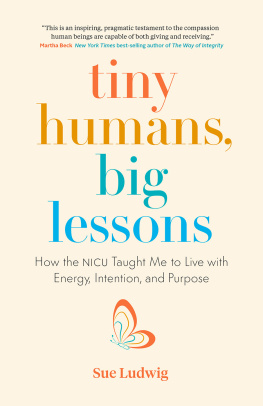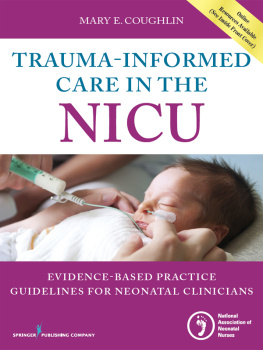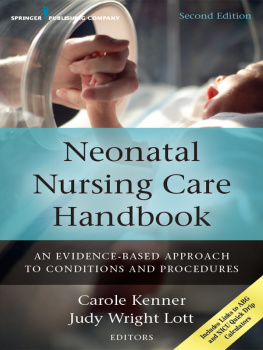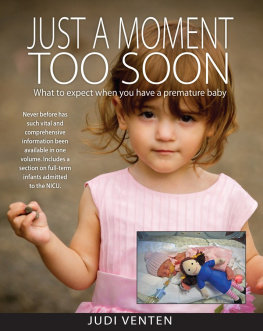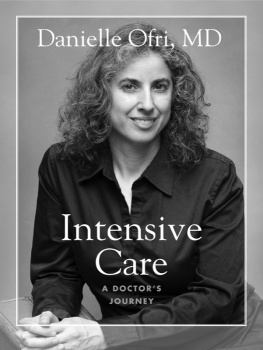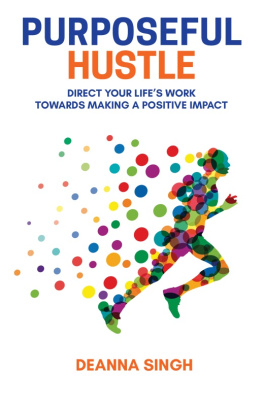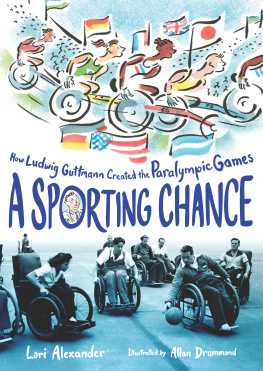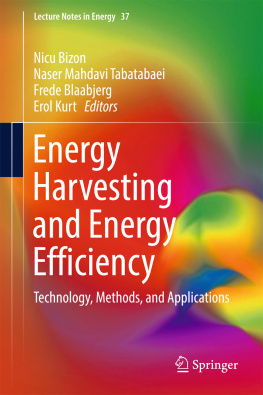Copyright 2022 by Sue Ludwig
All rights reserved. No part of this book may be reproduced, stored in a retrieval system or transmitted, in any form or by any means, without the prior written consent of the publisher or a licence from The Canadian Copyright Licensing Agency (Access Copyright). For a copyright licence, visit accesscopyright.ca or call toll free to 1-800-893-5777.
Some names and identifying details have been changed to protect the privacy of individuals.
Cataloguing in publication information is available from Library and Archives Canada.
ISBN 978-1-77458-097-4 (paperback)
ISBN 978-1-77458-098-1 (ebook)
Page Two
pagetwo.com
Edited by Melissa Edwards
Cover design by Taysia Louie
Cover and interior illustrations by Prateeba Perumal
Interior design by Nayeli Jimenez
Ebook by Bright Wing Media
Printed and bound in Canada by Friesens
Distributed in Canada by Raincoast Books
Distributed in the US and internationally by Macmillan
21 22 23 24 25 5 4 3 2 1
sueludwig.com
For the tiny humans in the NICU .
You are more than survival.
Introduction
M ichael was born at twenty-five weeks gestation more than three months premature. He weighs in at only a pound and a half, his skin nearly translucent, like tissue paper over bone. He isnt old enough to have developed much fat yet. He is in an incubator in the neonatal intensive care unit ( NICU ), positioned on his belly, wires monitoring his heart rate and breathing, head turned to the left, eyes closed, spindly legs tucked up under him, ventilator tubing extending from his mouth and secured with bright white tape on his triangular face. His tiny left hand rests on his chin. He is overtly fragile. Still, he has ten fingers and ten toes, dark hair, the tiniest diaper ever made, and all the potential in the world.
As Michaels neonatal therapist, its my job to see that his brain and body get the right support and neural messaging to realize all that potential. During the dozen or so weeks hes likely to be in the NICU , Ill be part of a team of neonatal specialists who, along with his parents, will lay down the pathways for Michaels development. What happens in these precious early days and moments will contribute to the quality of his life for years to come.
As Michaels nurse and I go about caring for him, Michael lets us know in his own way whether or not our efforts are supporting his development. Though everything we do is medically necessary, if we deliver his care in a way that feels traumatic to him, were less likely to achieve the best outcome for him in the next fifteen minutes or in the next fifteen years. If he startles, furrows his little brow, or moves his arms or legs erratically, hes telling us that what were doing is causing his system stress and we should take a break. When were mindful of protecting his brain as we care for him (no bright lights, no fast moves, no loud voices), we make even innately taxing procedures less painful, less stressful, and better supported.
Michael doesnt have the physical energy or ability to demonstrate how hes feeling in no uncertain terms. So if I am to succeed in providing him with the best care and the best chance in life, its up to me to be present, to notice.
When his care is complete, I reposition and support Michaels body with a soft nest of boundaries to improve his comfort and development. I keep my hands on him until his cues and vital signs indicate hes stable and falling back to sleep. Ive learned that the more intentional and responsible I can be when Im with my tiny patients, and the more careful I am with my energy and attitude in their presence, the greater and more positive my impact.
Realizing Our Potential
Imagine if we all put that much attention, centered energy, and care into our daily lives. You and I, of course, are not as sensitive as a premature baby. Our neural wiring has long been established, though it remains malleable. The odd bright light, abrupt noise, or someone elses bad mood is not going to throw off our circuitry and disturb the trajectory of our livesor so we like to think.
Most of us have been conditioned to not pay much attention to the mere moments of our days. Were told to keep our eye on the prize, on the future, on the next goal just beyond the horizon. We measure our lives by the outcomes we achieve. College degree, check. Professional career, check. Spouse, check. Children, check. A house in the suburbs with a great school system, check, check. We learn early on that this is how we create a rich and vibrant life.
And yet, by the time weve collected most of these checkmarks, many of us dont feel all that vibrant. We might even feel like roadkill.
For me, that lack of vibrancy started with a feeling of numbness. I wasnt numb in the way you feel after sitting on the couch binge-watching TV all weekend. I was numb in the way youd feel if you rode a roller coaster fifty times in a row, until you no longer felt that flip in your stomach as you tipped over the peak of the first giant hill or the way your thighs lift off the seat through the corkscrew turns.
My senses had been dulled by the speed of lifeeven while I worked with the most sensitive humans on the planet. My numbness began to turn into what I now call a restlessness, though I wouldnt have been aware enough to come up with that label at the time. Internally, it presented more like irritation, frustration, or a need for distraction. I was quick to blame something outside myself, and I believed I had little choice in how my life was unfolding.
I wasnt conscious of my numbness because I was not yet in the habit of observing myself. Reflexively, I would seek out suspense novels or unflinching true stories. Or, Id indulge in trips and activities that forced me to stop and feel something. But when the book or adventure was over, so was the feeling. Then, Id passively slip back into the blur.
During one such lull, I picked up a random book, which led me in a roundabout way to sign up for a womens retreat, of all things. This was totally out of character for me. That retreat led me to a business coach, which had been nowhere near my radar (more details on that in coming chapters). From there, in a strange series of events, I found myselfbaby step by baby stepbecoming ever so slightly more proactive than reactive in my life. I opened up to things like energy and mindfulness. I read books on topics like resilience, courage, and intention.
As these experiences unfolded and integrated, I found myself observing my life in much the same way I learned to observe babies in the NICU . Inside the portholes of the incubator, the babiesthrough their incredible sensitivitybecame my mentors too.
I realized I was discounting my own life, my own cues, my own impact. I realized I was cheating myself out of living my most vibrant life by never considering the energy or the level of awareness I was bringing to the moments that made up my days. I was not laying down pathways for my own development.
I began to see that the energy we bring to everything we dono matter how smallhas an impact on us. Just as it does on the babies. I understood that if we let moments leak through our fingers like water, we miss the opportunities that lie within them, that are born from them. I also discovered through trial and error (a lot of error) that, by becoming aware of, taking responsibility for, and intentionally managing my energy, and thus my moments, I could create a life that I once only dared imagine. And then I did.
A Work in Progresswith a
Happy Emphasis on Progress
When I started to pay real attention to the moments in my life, everything changed. But not overnight, and not securely tied up with a pink bow of happiness. At first, the changes I made were small. I simply began

